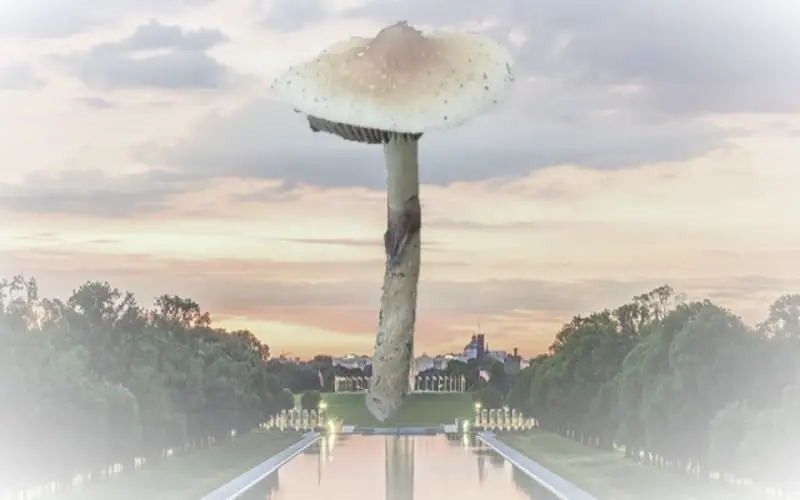In an era burdened by rigid drug policies and disconnection from our intrinsic earthy roots, a bold initiative is emerging, spearheaded by the fearless Carlos Plazola.
Step into the world of the Decriminalize Nature pioneers, a brave group who audaciously challenge societal conventions and advocate for the freedom of entheogenic plants and fungi.
Their objective?
To transform human health and wellness by dismantling obstacles, advocating for the decriminalization of natural substances, and widening accessibility through persistent political and community mobilization, education, and advocacy.
In this article we look to uncover the idea behind the Decriminalize Nature initiative.
The Decriminalize Nature Movement: Explained
Origin: The Rise of the “Decriminalize Nature” Movement
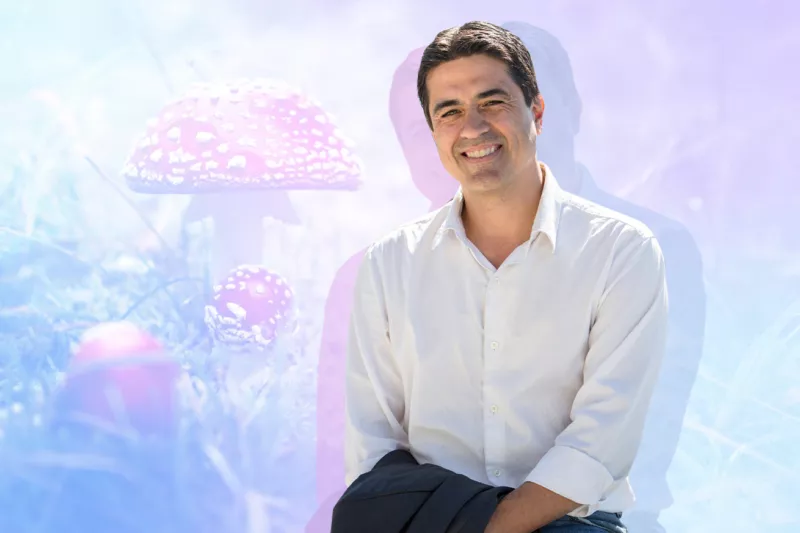
Carlos Plazola, a Bay Area native, ignited the Decriminalize Nature movement following his transformative journey with plant medicines, particularly mushrooms.
This life-altering experience fueled his advocacy for the decriminalization (not legalization) of natural substances, focusing on their healing and community potential, rather than commercial and financial interests.
Plazola’s vision sprang from the recognition of entheogenic plants and fungi’s untapped potential, uniting people from all walks of life in a shared pursuit of enlightenment and compassion.
Thus, the Decriminalize Nature movement was born, rooted in ancient traditions, contemporary science, and a deep-seated human connection to nature.
This movement stands as a testament to the resilience of the human spirit and the profound societal impact achievable by challenging norms.
Since 2019, the movement has gathered momentum, with successful legislation passed in several U.S. cities under Plazola’s leadership.
Today, Decriminalize Nature continues to captivate hearts and minds worldwide as it collaborates with legislators across the nation, envisioning a future where entheogens are understood, respected, and seamlessly integrated into our lives for societal betterment.
The Purpose Statement
Decriminalize Nature (DN) is a decentralized, transparent, open-source movement to restore our connection to ourselves, community, and nature/Mother Earth.
Aims And Objectives
To decriminalize entheogenic plants and fungi which are powerful allies for healing trauma and expanding consciousness.
By embracing nature’s offerings, we open doors to therapeutic, spiritual, and cognitive benefits, while dismantling the barriers that hinder education and understanding.
This shift in perspective paves the way for scientific advancements, mental health breakthroughs, and a more inclusive, compassionate society.
Moreover, reconnecting with nature and discarding its criminalization enables us to nurture a sense of awe, responsibility, and sustainable practices, propelling us towards a future where both humans and the natural world can thrive in harmony.
Decriminalize vs. Legalize
Decriminalization, essentially, removes criminal penalties for drug possession or use, treating these offenses more like minor traffic violations.

Its goal is to ease societal burdens—such as overcrowded prisons and judicial system overload—while enhancing public health and reducing stigma. Portugal’s drug policy serves as a notable example.
Legalization, on the other hand, lifts all legal bans on a drug, allowing its production, sale, and use within a regulated system. This approach seeks to eliminate the black market, incorporate the drug trade into the legal economy, and exploit potential medical benefits. The ongoing wave of cannabis legalization in the U.S. is a prime example.
In short, decriminalization eliminates criminal penalties for users, while legalization takes it a step further to regulate the production, sale, and use of drugs.
The Decriminalization of Psychedelics and Other Natural Substances
Psychedelics and Mental Health
The global Decriminalize Nature initiative is ushering in a groundbreaking shift in mental health treatment, recognizing the therapeutic value of psychedelics and other organic substances.
Personally, I love micro-dosing psilocybin.
As the scientific evidence accumulates, the stigma associated with these substances is slowly eroding, paving the way for their acceptance as powerful tools for addiction, mental health, self-growth, and holistic wellness.
Decriminalization represents a broader societal shift towards safer access, the encouragement of scientific research, the dismantling of unjust legal barriers, and a more compassionate approach to mental health.
Research from institutions such as New York University, the National Institutes of Health, and the Multidisciplinary Association for Psychedelic Studies (MAPS) is fueling this shift. The work by MAPS on the therapeutic application of psychedelics for PTSD and anxiety treatment has added considerable weight to the argument for decriminalization.
However, the road to comprehensive acceptance and understanding remains a work in progress. The journey is marked by small victories in certain areas, but the ultimate goal—a world where the therapeutic potential of these substances is fully realized and accepted—still lies ahead.
In the meantime, the promise held by psychedelic research for mental health is immense.
As the volume of supportive studies grows and recognition increases, we stand at the cusp of a revolutionary shift in psychiatric treatment methodologies. The future of mental health could well be shaped by the continued exploration and integration of these natural substances.
Traditional and Cultural Uses of Natural Substances
For thousands of years and throughout human history, natural substances have been harnessed for their myriad benefits to health and well-being, serving many purposes.
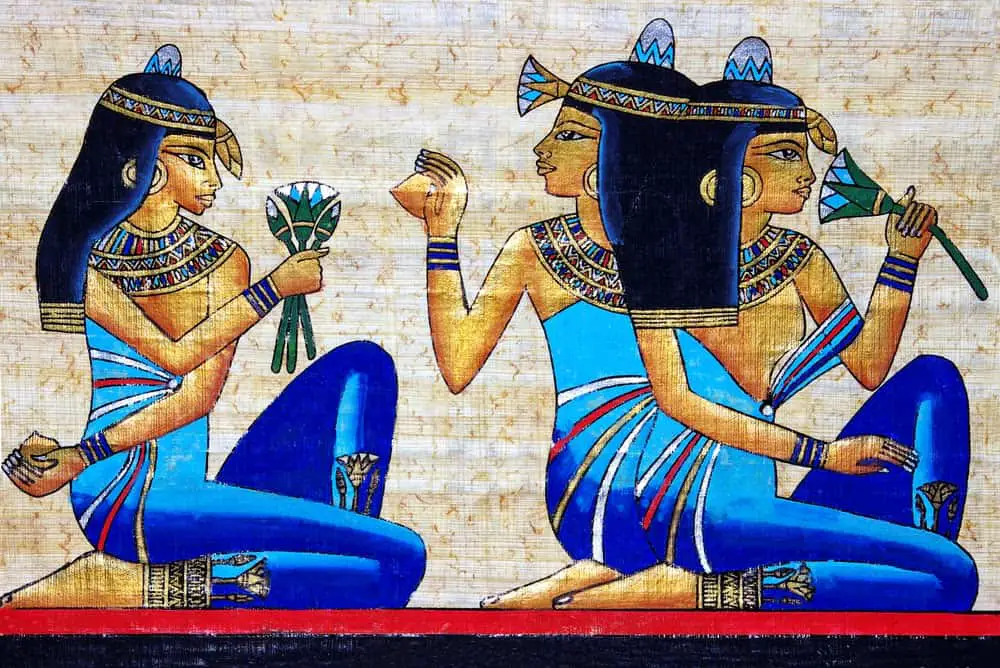
Indigenous cultures worldwide have long used plants, herbs, and fungi for medicinal, spiritual, and ceremonial purposes. These practices, deeply rooted in ancestral wisdom, have been passed down through generations and continue to play a significant role in modern day societies.
Let’s delve into a few examples of ancient, traditional, and ceremonial psychedelic use :
Indigenous Cultures of the Amazon Rainforest:
“Psychedelic Practices in Amazonian and Mayan Cultures”
In the Amazon Rainforest, indigenous tribes like the Shipibo-Conibo, Yawanawa, and Ashaninka have long used plants, herbs, and fungi in medicinal and ceremonial rituals. The potent psychedelic brew, Ayahuasca, is one of their key spiritual tools.
Simultaneously, the ancient Mayans, renowned for their advanced society and psychedelic practices, employed a diverse range of substances for therapeutic and divine communion. They left behind rich records of these practices, highlighting:
| Substance: | Description: |
| Peyote | A cactus with over 60 hallucinogenic compounds used in various rituals. |
| Psychedelic Mushrooms | Common in Mayan and Aztec ceremonies, inducing visual hallucinations. Confirmed by ‘mushroom stones’ dating back to 1000 B.C. |
| Toad Bufo | A toad producing psychoactive bufotoxins in its salivary glands, serving as a unique source of hallucinogenic substances. |
| White Water Lily | A plant symbolizing life, sexuality, fertility, and birth in Mayan culture, akin to the lotus in Ancient Egypt. Used as a sedative and mild trance inducer. |
These practices highlight the enduring wisdom of indigenous societies regarding nature’s therapeutic potential.
Native American Cultures:
Indigenous cultures have a rich history of utilizing natural substances, including psychoactive plants and fungi, for healing, spiritual development, and community rituals.
| Culture/Community | Substance | Use |
| Native American Tribes (Navajo, Lakota, Apache) | Sage, Cedar, Sweetgrass, Tobacco | Used in smudging rituals for purification |
| Native American Church | Peyote (rich in Mescaline) | Used in sacred ceremonies |
| Mazatec People (Mexico) | Psilocybin Mushrooms | Used in spiritual ceremonies called Veladas |
| Shipibo People (Upper Amazon) | Ayahuasca (Psychedelic Brew) | Used for spiritual exploration and healing |
| Yanomami People (Amazonian) | Virola elongata (rich in DMT) | Used to induce altered states of consciousness and communicate with spirits |
| Bwiti Practitioners (Central West Africa) | Ibogaine (from Iboga Shrub Bark) | Used in initiation and healing ceremonies |
These practices highlight the deep connection between Indigenous cultures and the natural world, as well as the healing potential of these substances.
Traditional Chinese Medicine:
Traditional Chinese Medicine (TCM) has a rich heritage of using a variety of plants, roots, and fungi, such as ginseng, goji berries, and lions mane mushrooms, to promote health and balance in the body.
These elements are often combined to create herbal remedies, following the principles of Yin and Yang and Qi energy.
Cannabis, used by ancient Chinese civilizations along the Yellow River and Yangtze from 2,000 B.C. to 1,046 B.C., had varied applications including as a writing material, food source, and medicinal agent.
Its psychoactive properties were rarely mentioned and only recently, researchers discovered ancient tombs containing braziers that were used to burn cannabis with high THC levels, dating back to around 500 B.C.
While concrete evidence of psychedelic plant use in ancient China is limited, the 1596 publication by Li Shizhen identified many plants, several with psychedelic properties, used by the ancient Chinese. Compiled over two decades, Li’s work encompassed information that was more than 1,000 years old, hinting at the potential use of these plants in the ancient past.
Current Legal Status of Natural Substances
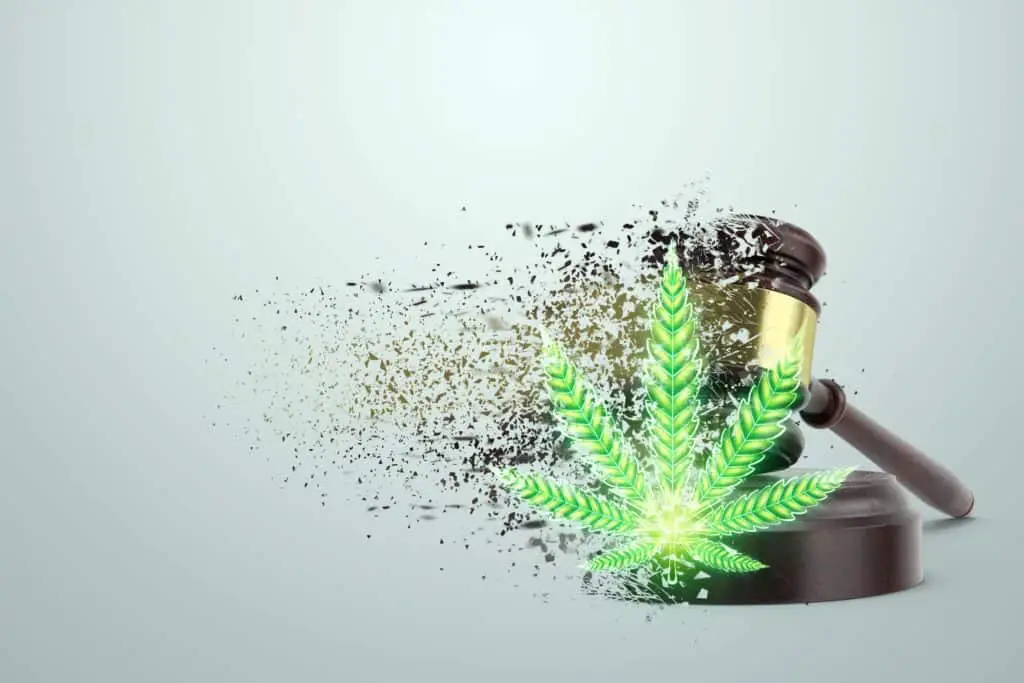
| Country/Region | Legal Status | Specifics |
| Canada | Illegal with exemptions | Psilocybin (magic mushrooms) is illegal for recreational use but has exemptions for medical and research purposes. Some municipalities like Vancouver and Victoria have decriminalized personal possession. |
| The Netherlands | Tolerated | Although magic mushrooms were restricted, the sale of psychedelic fungi truffles is permitted in “smart shops”. The use of peyote cactus and Ayahuasca is also tolerated under religious freedom laws. |
| Portugal | Decriminalized | Portugal has decriminalized the possession and use of all drugs, including psychedelics, emphasizing public health, harm reduction, treatment, and rehabilitation. |
| Brazil | Legal for specific use | Ayahuasca, a brew containing the psychedelic compound DMT, is legal for religious and spiritual use within specific groups, such as Santo Daime and União do Vegetal. |
| USA – Denver | Decriminalized | The city of Denver has decriminalized the use and possession of psilocybin mushrooms. |
| USA – Oakland | Decriminalized | The city of Oakland has decriminalized the use and possession of all entheogenic plants, including psilocybin mushrooms. The Decriminalize Nature movement, which began in Oakland, aims to decriminalize all plant medicines and create opportunities for individuals to have relationships with these plants. |
| USA – Santa Cruz | Decriminalized | The city of Santa Cruz has decriminalized the use and possession of all entheogenic plants, including psilocybin mushrooms. |
| USA – Oregon | Legal for therapeutic use | The state of Oregon has legalized the therapeutic use of psilocybin. The Oregon Psilocybin Therapy Measure allows the Oregon Health Authority to create a program to permit licensed service providers to administer psilocybin-producing mushroom and fungi products to individuals 21 years of age or older. |
| USA – California | Active decriminalization efforts | There are ongoing efforts in California to decriminalize the use and possession of psilocybin mushrooms. The Decriminalize Nature movement has successfully passed legislation in Santa Cruz and is actively working with legislators in other parts of the state. |
| USA – Washington, D.C. | Active decriminalization efforts | There are ongoing efforts in Washington, D.C. to decriminalize the use and possession of psilocybin mushrooms. The Decriminalize Nature movement has successfully passed legislation in Washington D.C. and is actively working with legislators in other parts of the country. |
| Mexico | Legal for specific use | The use of psilocybin mushrooms is permitted among indigenous communities for traditional ceremonies. |
| Peru, Brazil, and Ecuador | Legal for specific use | The use of Ayahuasca, a potent psychedelic brew, is integral to the spiritual practices of the Shipibo people of the Upper Amazon. |
| Venezuela and Brazil | Legal for specific use | The Yanomami people, an Amazonian Indigenous group, ritually use a psychedelic substance called ebene, derived from the bark of the Virola elongata tree. |
| Gabon, Cameroon, and the Republic of Congo | Legal for specific use | The Bwiti religion, prevalent in these countries, frequently uses iboga, a shrub that contains |
The Political Debate Surrounding Decriminalization
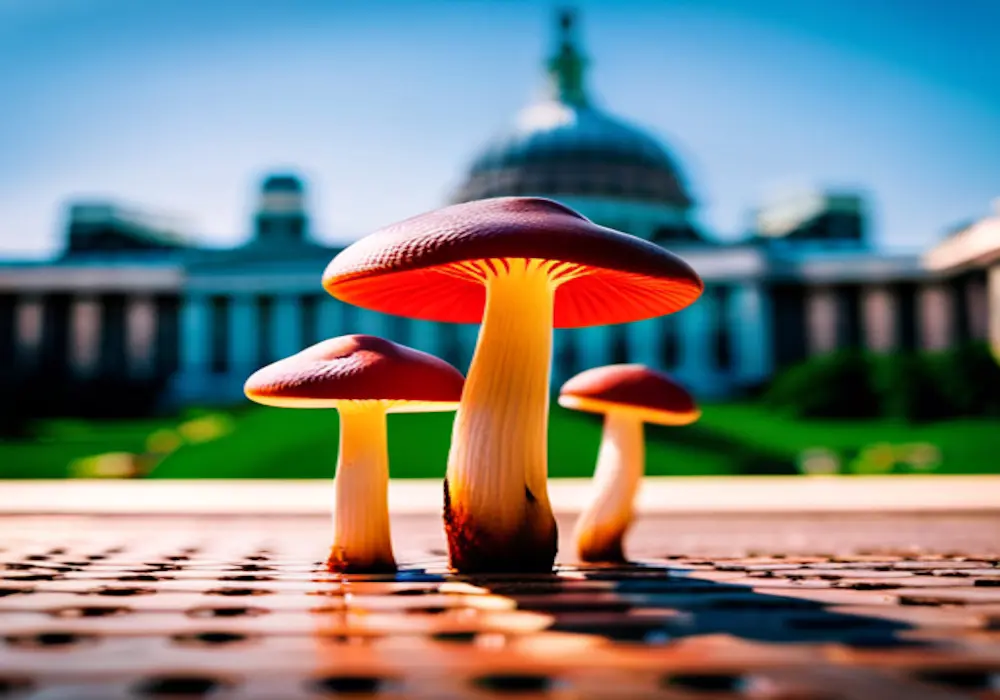
The Social, Political, and Economic Impacts of the Decriminalization of Nature
Therapeutic Advancements:
Decriminalization has greatly aided the study of psychedelics’ for their therapeutic potential. For instance, studies on psilocybin, the active component in magic mushrooms, have shown promising results in treating conditions like depression, anxiety, and PTSD.
The relaxation of legal restrictions has made such research possible, enhancing our understanding of mental health treatments and fostering new therapeutic tools.
Reduced Stigma and Improved Education:
The move towards decriminalization has significantly reduced the stigma associated with psychedelic substances.
For example, public education campaigns about the medical use of MDMA for PTSD have contributed to a more balanced discussion on the benefits and risks of these substances.
This shift in perception has helped dispel misconceptions and fostered an informed society capable of engaging in factual dialogues about psychedelics.
Economic Opportunities:
Psychedelic decriminalization has also created substantial economic opportunities. In countries like the Netherlands, where psilocybin truffles are legal, a thriving market has emerged.
This includes therapeutic applications, product development, research initiatives, and psychedelic tourism, leading to job creation, increased tax revenue, and boosting local economies.
The Health and Safety Perspective:
Supporters of psychedelic decriminalization propose a shift in thought away from punitive measures and towards a more health-oriented approach when it comes to dealing with substance use.
The Decriminalize nature Movement promotes harm reduction, quality control, and the provision of resources for individuals grappling with addiction or mental health issues.
However, other express concerns about potential misuse and stress the necessity of stringent laws to safeguard public health.
Personal Freedom and Individual Autonomy:

Proponents of decriminalization contend that individuals should have the liberty to make decisions regarding their consciousness and wellbeing.
They highlight the importance of the right to explore alternative healing practices, and argue that criminalization infringes upon these personal freedoms.
Critics, however, emphasize the need for robust legal frameworks to safeguard public health and minimize potential harm.
Social Justice and Racial Inequality:
Supporters of decriminalization draw attention to the disproportionate impact of drug-related arrests and convictions on marginalized communities, leading to social and racial inequalities.
The thought is that decriminalization can help address these disparities, reduce the load on the criminal justice system, and redirect resources towards education and prevention.
Critics, conversely, express concerns about potential increases in substance abuse rates and the associated societal costs.
The Importance of Scientific Research:
Advocates for psychedelic decriminalization argue that current restrictions impede scientific research into the therapeutic potential of psychedelics.
They call for evidence-based policies and underscore the expanding body of research demonstrating positive mental health outcomes.
However, skeptics call for more comprehensive studies, raise concerns about potential risks, and emphasize the critical importance of thorough evaluation before these substances are widely accepted.
Case Studies, Lessons Learned, and Future Directions
Catalyzed by Oakland’s decriminalization of psilocybin mushrooms, a transformative wave is unfolding, rich with future implications.
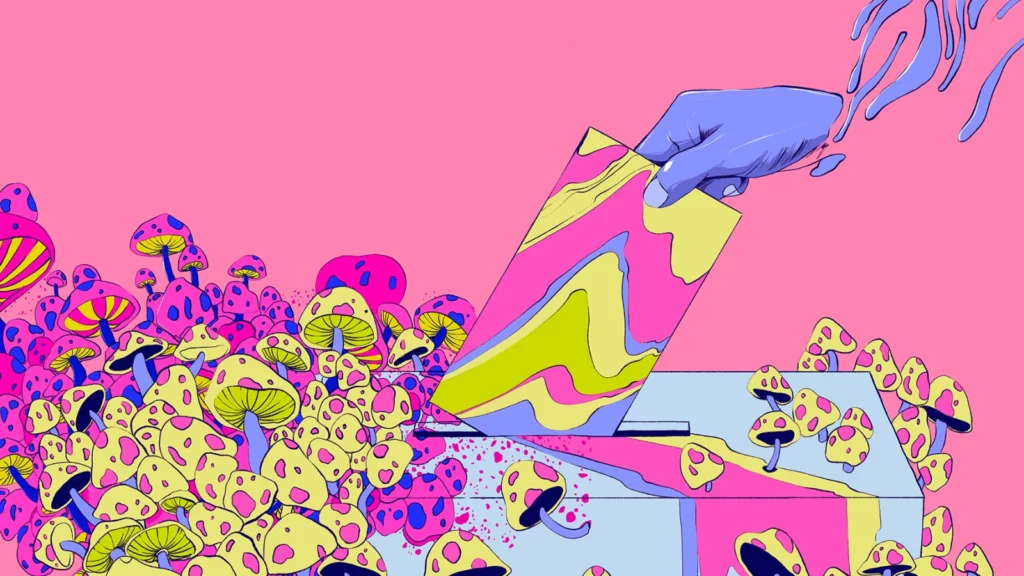
Firstly, public interest in psychedelics is being revitalized, eroding misconceptions and cultivating a comprehensive understanding of their applications and risks. This reshaped perception is promoting a more mindful approach to psychedelic use.
Meanwhile, law enforcement is repurposing resources to pressing community issues, improving public safety by eschewing severe drug penalties.
Additionally, this shift is uncovering new avenues for mental health treatments. Validation of therapeutic psilocybin use represents a beacon for those battling mental health issues.
The sphere of social justice is also benefiting, as reductions in drug-related arrests and convictions alleviate harm to marginalized communities, fostering societal equity.
Lastly, the decriminalization has stimulated economic prospects. The emergence of regulated psychedelic businesses diversifies the local economy, potentially heralding job growth and new revenue sources.
In essence, recent decriminalization has provided a useful template for future reforms, highlighting the potential benefits of psychedelic decriminalization and the decriminalization od nature in general.
Final Thoughts; Decriminalizing Nature
The Decriminalize Nature movement aims to transform our relationship with natural substances, advocating for their decriminalization, expanded research, expanded education, and wider accessibility.
By dismantling barriers and promoting education, the Decriminalize Nature movement seeks to unlock the therapeutic, spiritual, and cognitive benefits of these substances for mental health, physical health, and overall well-being.
Through its efforts, the movement is paving the way for a revolutionary shift in societal attitudes and practices, where nature’s offerings are understood, respected, and integrated for the betterment of individuals and communities.
Loved what you read?
Hit that share button and let the world in on the secret – we’d be thrilled!
Got thoughts? We’re all ears for your feedback, corrections, or a good old chat. Don’t be shy; drop us a line.
And hey, don’t miss out on our curated list of must-reads in the recommended books section.
Big thanks for diving in with us today!


